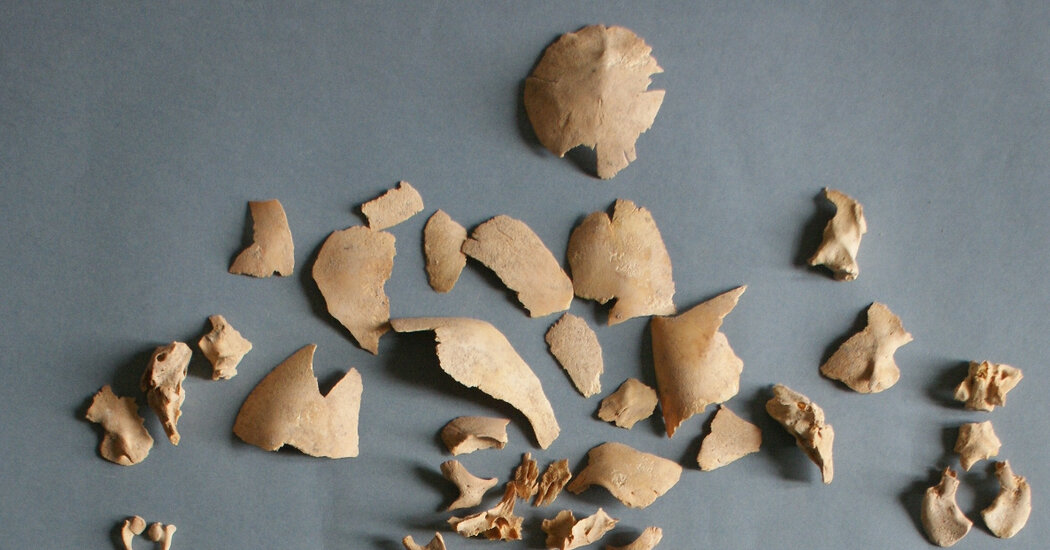The discovery may help shed light on how prehistoric societies treated children with rare conditions.
Scientists have diagnosed Down syndrome from DNA in the ancient bones of seven infants, one as old as 5,500 years. Their method, published in the journal Nature Communications, may help researchers learn more about how prehistoric societies treated people with Down syndrome and other rare conditions.
Down syndrome, which occurs in 1 in 700 babies today, is caused by an extra copy of chromosome 21. The extra chromosome makes extra proteins, which can cause a host of changes, including heart defects and learning disabilities.
Scientists have struggled to work out the history of the condition. Today, older mothers are most likely to have a child with the condition. In the past, however, women would have been more likely to die young, which might have made Down syndrome rarer, and the children born with it would have been less likely to survive without the heart surgery and other treatments that extend their lives today.
Archaeologists can identify some rare conditions, such as dwarfism, from bones alone. But Down syndrome — also known as trisomy 21 — is a remarkably variable condition.



It would be more surprising if they found bones with evidence of Up Syndrome.
Is that when you’re missing a chromosome? I don’t think that usually turns out too well.